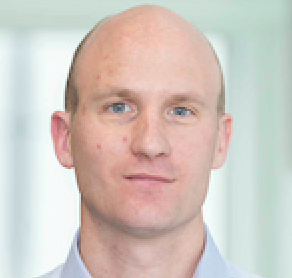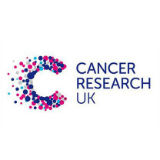Brain tumours are rare, but if you notice possible symptoms, it’s important to get checked as early as possible. Any symptoms are probably as a result of something less serious than cancer, but it is important to see a health professional, and for some symptoms, go to A&E immediately.
What are the symptoms?
Headaches are very common and are rarely caused by a brain tumour. However, if you are experiencing any of the following along with a headache, contact your GP practice.
Concerning symptoms with a headache include:
- Nausea/sickness, especially if worse in the morning, or when change position
- Problems with your eyes, including blurred vision, floating shapes, and tunnel vision
- Personality or behavioural changes.
The following symptoms are serious and you should call 999 or go to A&E:
- Seizures
- Drowsiness or loss of consciousness.
If you are concerned about yourself or someone you know, you can learn more about possible symptoms here.
Getting healthcare advice
Here’s what to do if you or someone you know is experiencing symptoms:
Go to A&E
If your symptoms are sudden or severe (such as a seizure or loss of consciousness), go straight to A&E or call 999.
Contact your GP practice
If you are experiencing persistent symptoms that are unusual for you, contact your GP practice. Tell them your symptoms and how long you have had them for.
Get an eye test
If your symptoms are limited to a change to your vision and/or headache, get your eyes tested by an optician as well as contacting your GP practice.
A specialists view
Brain tumours are fortunately rare, so the symptoms most commonly associated with brain tumours, such as a headache, are much more likely to have a non-tumour cause. Earlier diagnosis of brain tumours is important, because the treatments that are available may be more effective, and people are less likely to get side effects from the treatment. If you are worried, get checked out.

Paul Brennan, Consultant neurosurgeon, Edinburgh
Getting checked by a nurse or GP - what's involved?
Symptoms sometimes come over a short period of time, but can also develop gradually over some months, or even years if the tumour is slow growing. It's important to get checked when you notice something unusual for you. Most symptoms can often be explained by something other than cancer, but it is best to get checked early.
- To get a clearer picture of what’s going on, your doctor will ask some questions about your symptoms, how long you’ve had them and also about your general health and if you have had a recent eye test.
- Depending on your symptoms, simple tests of your nervous system maybe done (reflexes, eye movement, hearing, etc).
- They may also examine other areas of your body, to see if you have any other related symptoms, such as feeling for any swelling and listening to your chest to find out if everything sounds normal.
- After checking you over, your doctor may be able to reassure you that there is no cause for concern, or alternatively refer you to hospital for tests, refer you directly to a specialist, or give you advice when you need review if symptoms change or persist.
Facts
- Cancer of the brain or central nervous system (CNS) is the 18th most common cancer in Scotland.
- Around 1,000 people each year are diagnosed with a Brain Cancer or cancer of the CNS in Scotland.
- Around 70% of people diagnosed are 55 years and over.
- Earlier diagnosis, when people have fewer symptoms, may mean that treatments can be more effective, and with fewer side effects.



